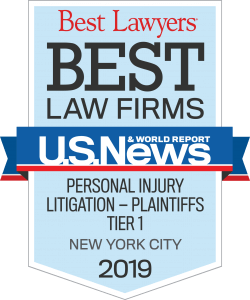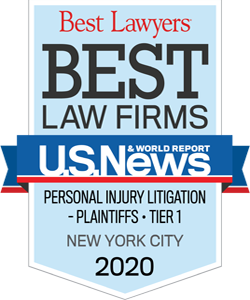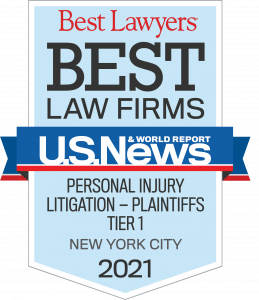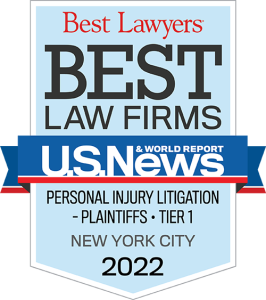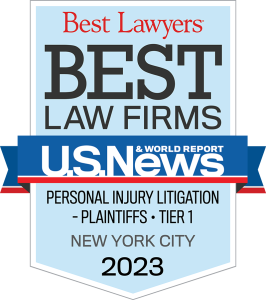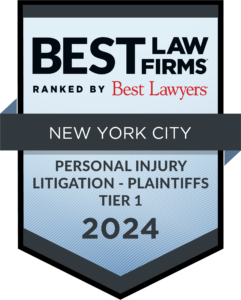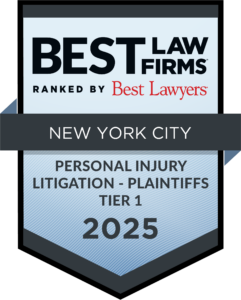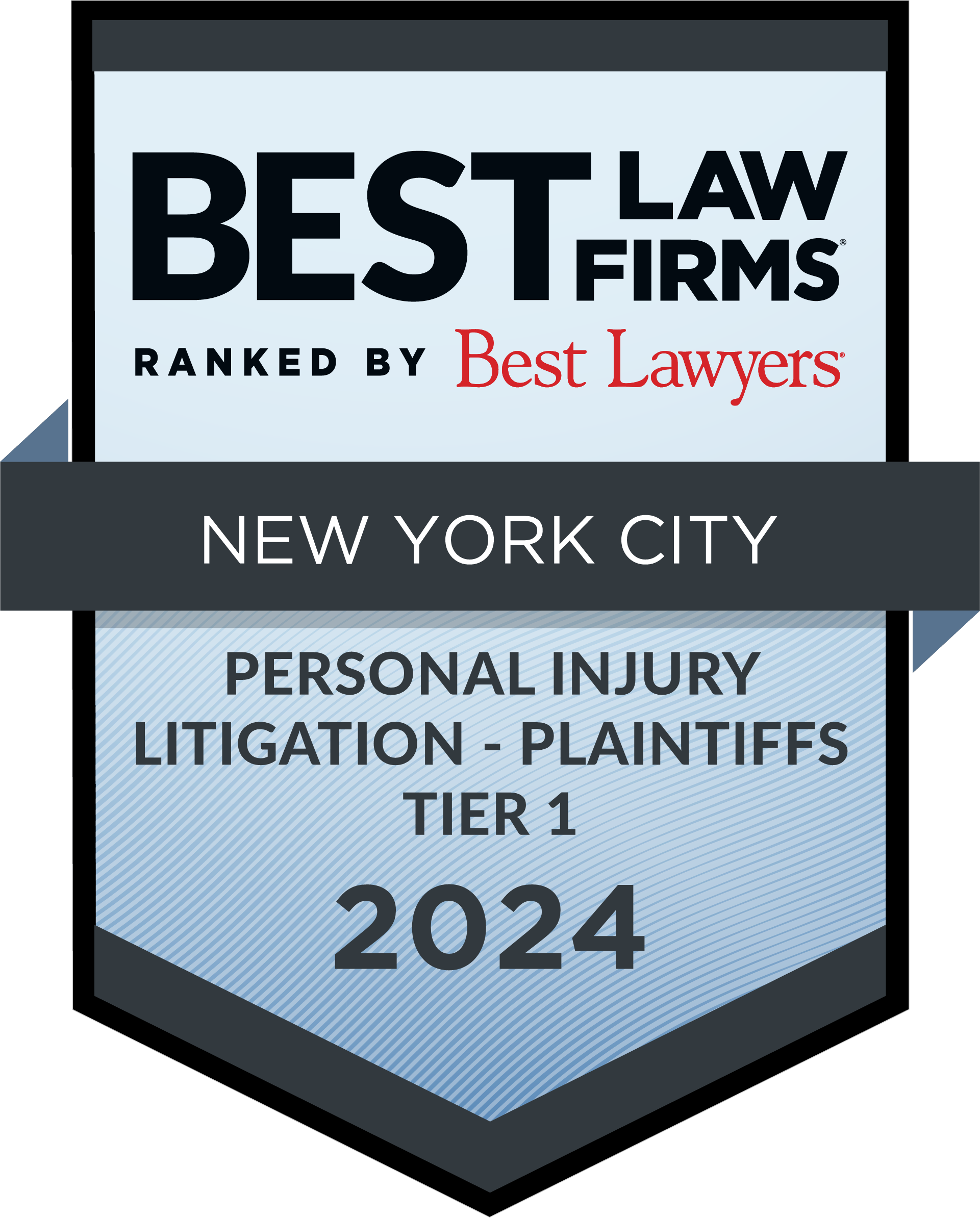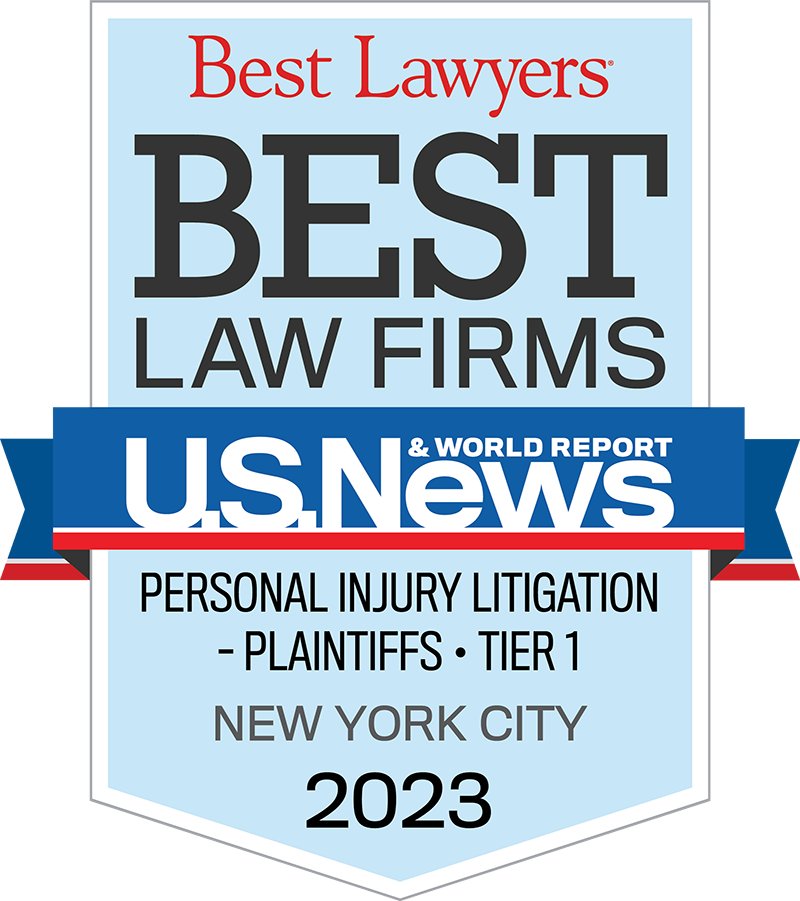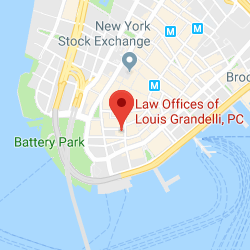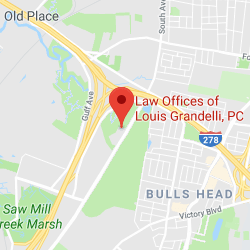
Losing a loved one is hard to endure. It’s worse if the loss of life was due to the negligent actions of another person. With the help of a wrongful death attorney, the surviving dependents can file a wrongful death lawsuit to seek financial compensation.
While suing the liable party can’t eliminate the pain and bring loved ones back, it can offer some justice. Let’s dive into all things wrongful death in New York.
What Is a Wrongful Death Claim?
A wrongful death claim is a civil lawsuit seeking monetary damages for someone’s death after an unjust deed or negligent action. Naturally, the dead person can’t take the case to court. Their close relatives or estate executors can handle the claim and seek justice for their loved ones.
Discerning Whether You Have a Wrongful Death Claim
It’s crucial to get the help of a wrongful death attorney to navigate the daunting legal steps that follow and have a fair chance at the case. While at it, various factors can guide you in knowing whether you have a wrongful death claim in the first place.
We’ll focus on three major points for now: proving liability, circumstances leading up to the death, and loss of earnings after your loved one’s death.
Proving Liability
One thing stands in almost every wrongful death suit — the claimant has to prove that the loved one died and that their death resulted from the carelessness, recklessness or negligence of a third party. Your New York lawyer should demonstrate in court that the liable party’s behavior partly or fully caused the accident that led to the wrongful death of your kin.
Another way to look at it is the breach of a duty of care. Here, you have to show the court that the third party owed your loved one some duty of care, failed to provide the same and their actions resulted in the death.
Circumstances Leading To Wrongful Death
While proving liability, it’s crucial to have your facts right. What led to the death of your loved one? Your attorney will have to relate these circumstances to the negligent acts to prove your compensation claim. In many cases, wrongful death arises from:
- Road accidents. That includes motorcycle, bicycle, commercial truck, and automobile collisions stemming from driving under the influence of alcohol, failure to observe traffic rules like running a red light or texting while driving.
- Medical malpractice. It could be birth injuries and death after a doctor’s mistake or surgeon error in the operating room.
- Occupational exposure and hazards. Your kin lost their life due to avoidable dangers or exposure to toxic materials at the workplace.
- Product defects. It includes faulty medical implant devices that lead to loss of life or products that cause harm to the body and result in the death of the consumer.
- Premise accidents. Common causes of death in such cases include slips and falls on slippery floors without any warning signs.
- Deaths during supervised activities. If your relative dies at a day/adult care or on a field trip, you might have a wrongful death claim.
- Criminal actions. That includes stabbings, violence and shootings that lead to injuries and death.
- Death at a nursing home/assisted living facility. It usually stems from neglect and abuse.
A Direct Financial Loss After the Death of Your Loved One
You may have a wrongful death claim in your hands if you have suffered any losses or expenses due to the death of your close relative. Per New York law, you might have a case to seek compensation for:
- Healthcare bills relating to the deceased’s injuries or illness.
- Funeral and burial costs.
- Lost income if the dead person was the breadwinner.
- The value of the support that the decedent would have contributed to you.
- The inheritance you lost due to the death.
- The value of parental care and moral or intellectual guidance that the surviving kids lost.
- Conscious pain and suffering the deceased went through due to the accident that cost their life.
Eligibility Requirements for a Wrongful Death Claim
Now that you know how to determine whether you have a wrongful death claim, are you eligible to take the case to court? In New York, the children and spouses of the deceased get priority compensation in a wrongful death case. However, various other people could meet the requirements for the claim.
The first people to qualify are the immediate spouse or children, including the adopted ones. But if there’s no surviving spouse or kids, the decedent’s parents could take the case to court and be up to financial compensation.
Next, the deceased’s siblings could take over the claim if a spouse, children or parents aren’t available. Lastly, the wrongful death tree claim ends with grandparents if all the immediate family members aren’t present.
Time Matters Too
Time is another vital factor to keep in mind if you’re looking to file a wrongful death suit. Remember that there are legal time limits or statutes of limitation establishing the period you have to file a claim after the loss of your loved one.
The New York law provides a two-year statute of limitations on wrongful death lawsuits. You may lose your right to file a claim for compensation if you fail to take the case to court within two years following your loved one’s death.
However, there is a slight exception to that rule. The children of the decedent who were minors at the time of their parent’s or guardian’s death can file a wrongful death claim after the 2-year statute of limitation elapses. In this case, the statute of limitation may roll forward and begin a countdown after they turn 18.
Key Takeaways
- A wrongful death attorney must prove that the deceased’s death resulted from another party’s negligence, recklessness, or breach of duty of care to establish liability in your case.
- New York law provides a strict two-year statute of limitations for filing wrongful death claims, making early consultation with a personal injury lawyer Staten Island families trust essential.
- Eligible family members include spouses, children, parents, siblings, and grandparents in order of priority, and can seek compensation for medical bills, funeral costs, lost income, and conscious pain and suffering.
Seek Justice for Your Loved One with Experienced Legal Representation
Losing a family member due to someone else’s negligence is devastating. Don’t face this difficult time alone. Our compassionate wrongful death attorneys at Grandelli & Eskenasi have achieved significant personal injury verdicts and settlements for grieving families throughout New York. As trusted Staten Island injury lawyers, we understand the complexities of wrongful death claims and will fight tirelessly to secure the compensation your family deserves during this challenging time.
Who can file a wrongful death claim in New York?
In New York, spouses and children have priority, followed by parents, siblings, and grandparents if no immediate family members are available. A wrongful death attorney can help determine your eligibility and guide you through the legal process.
How long do I have to file a wrongful death lawsuit in New York?
New York law provides a two-year statute of limitations from the date of death to file a wrongful death claim. However, minor children can file after turning 18, making consultation with a personal injury lawyer Staten Island residents trust crucial for protecting your rights.
What types of compensation can be recovered in a wrongful death case?
Families may recover compensation for medical bills, funeral costs, lost income, lost inheritance, parental guidance value, and the deceased’s conscious pain and suffering. Previous personal injury verdicts and settlements help establish the potential value of your claim.

